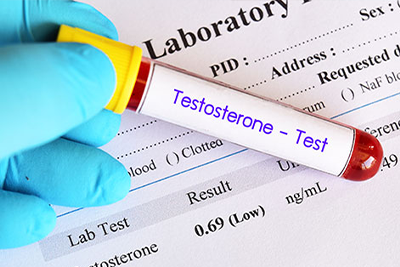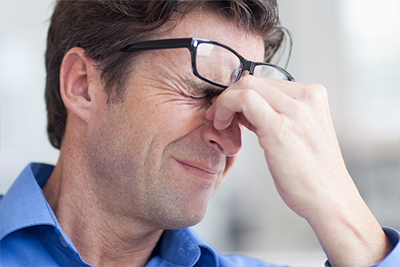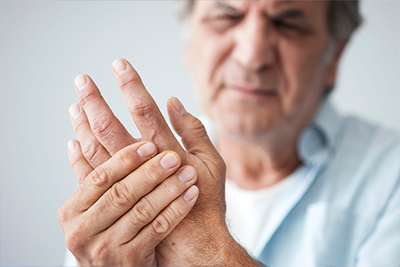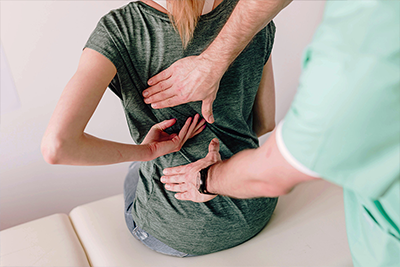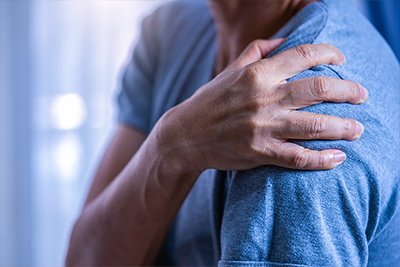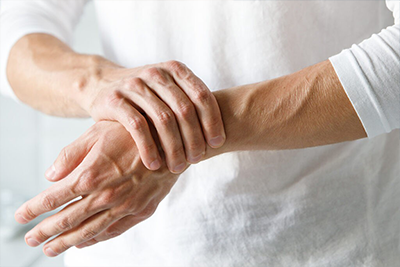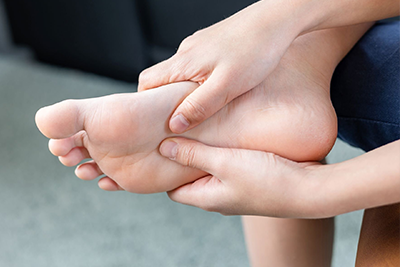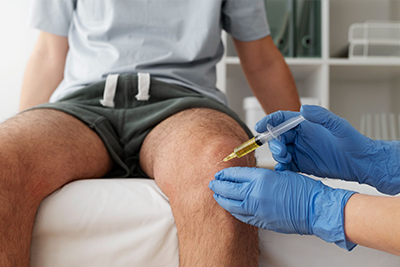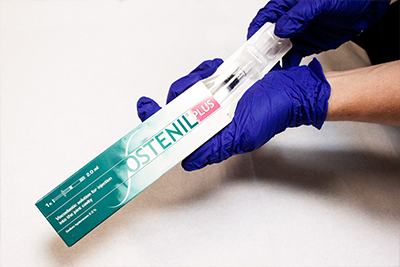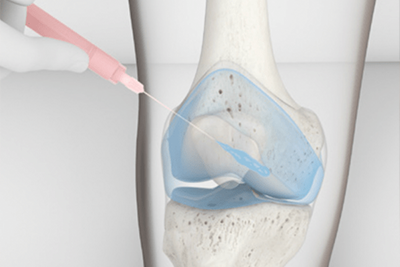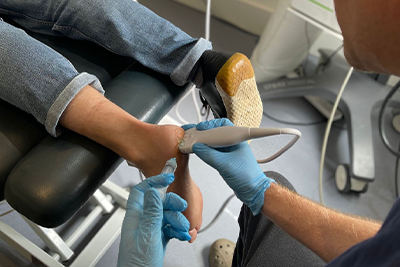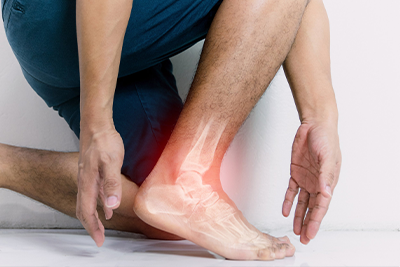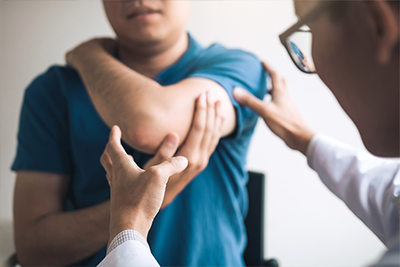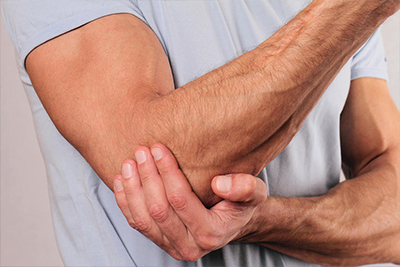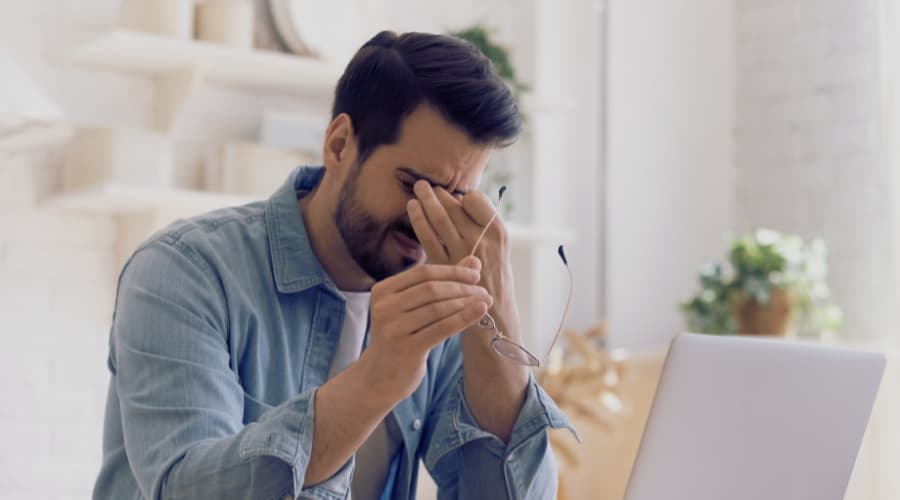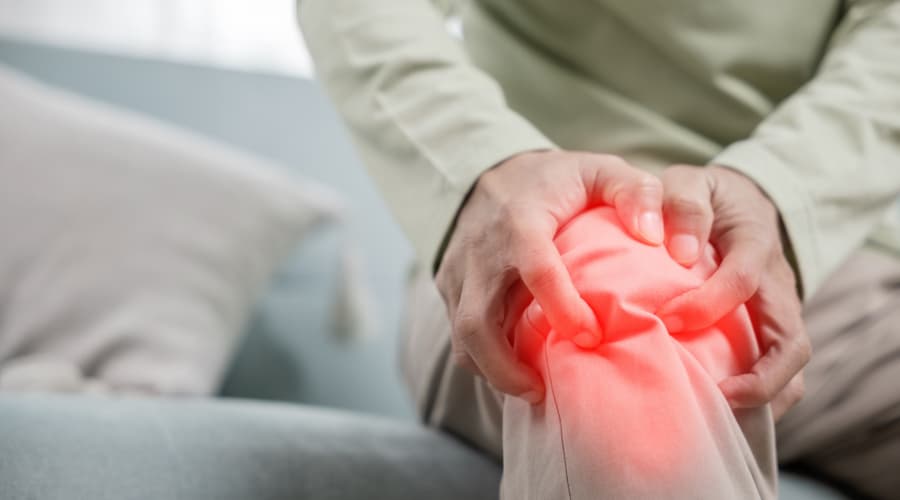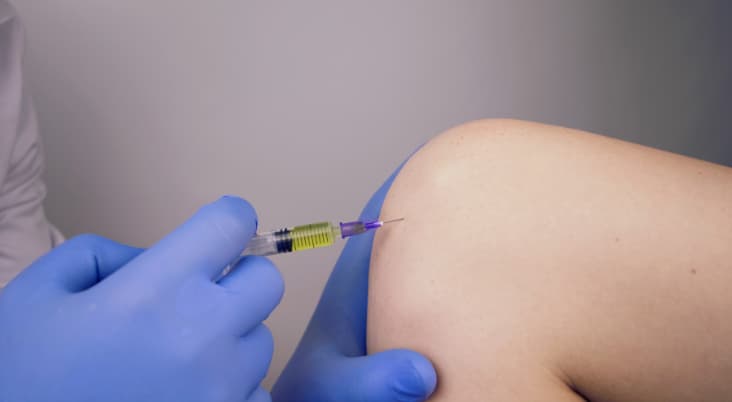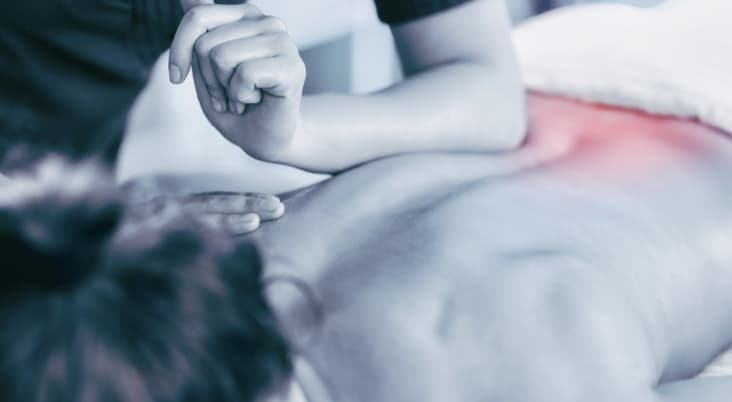You may have heard the term ‘slipped disc’ but this is a rather inaccurate term, as discs cannot actually slip out of place. Discs are securely attached to the vertebrae. So, while it is possible for them to wear, split or herniate, they can’t slip!
So, what exactly are discs? The spine is made of a series of bones. The vertebrae, which can bend and twist because there are flexible, shock-absorbing ‘cushions’ between each of the bones. These are discs.
A normal, healthy disc is very strong. It is stronger than the vertebrae itself. If you have a compression injury in a healthy spine. It is more likely to cause a fracture of the vertebrae rather than a disc injury.
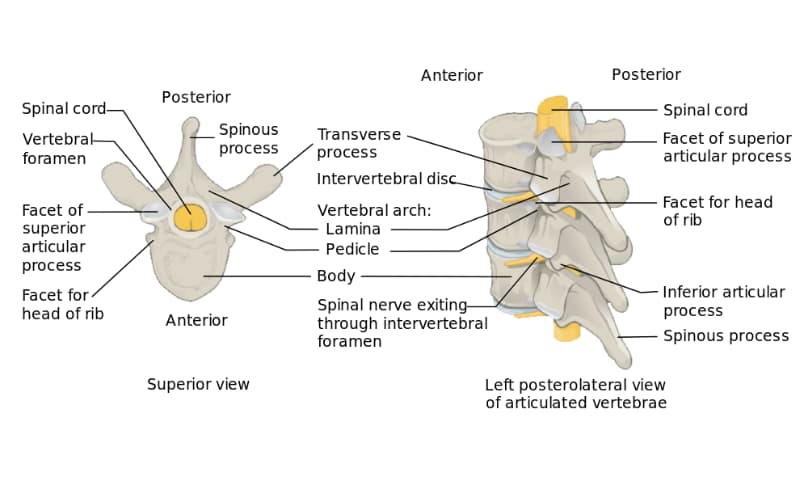
However, over time as the disc undergoes wear and tear following cumulative strain from repeated bending, twisting, lifting, and even prolonged sitting, the strong fibres of the outer disc can tear, allowing ‘leakage’ of the nucleus out of the centre of the disc. This is known as a disc herniation.
This ‘leaked’ material may then cause an inflammatory reaction and sometimes put pressure on your spinal nerve that runs next to the disc, resulting in leg pain (sciatica) if it affects the discs in the lower back, or arm pain if it affects the discs in the neck.
There are a number of things that you can do to prevent developing a disc injury:
- Avoid prolonged sitting, bending, twisting and carrying.
- Wear a support belt when doing manual work.
- Avoid prolonged driving.
- Improve your physical fitness through exercise.
- Improve your core stability through specific exercises.
- Stop smoking, if you are a smoker.
If your back muscles and tummy (core) muscles are strong, and if you are bending correctly and sitting with correct posture, your spine will be protected, including the discs.
If you are exercising regularly, it is also important to avoid exercises that involve repeated bending and twisting, especially whilst sitting. Sit-ups and twisting stretches of the back are not as good as you might think!
Related Articles
- Back Exercises for Trapped Nerve
- Lunge Stretch for Back Pain
- Nerve Pain in Hip: Symptoms & Treatment
- How To Relieve Pain From a Trapped (Pinched) Nerve
- Chiropractor or Osteopath for a Trapped Nerve or Sciatica


